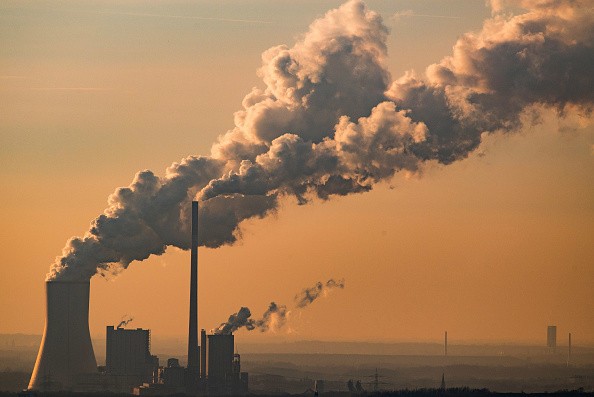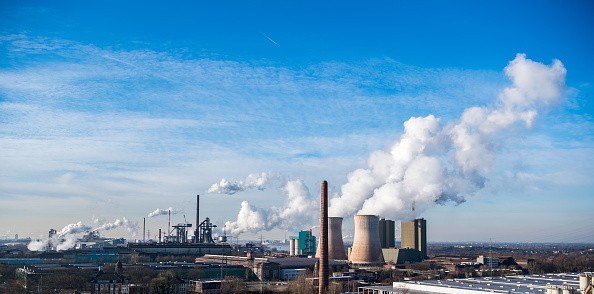This year, Germany is predicted to record its highest rise in greenhouse gas emissions since 1990 as the economy bounces back from a decline in the economy which is related to the pandemic, as per a report by an environmental thinktank.
An increase signifies that the country will move back from the goal of reducing emissions by 40% from 1990 levels.

Rise in Greenhouse Gas Emissions
Agora Energiewende, based in Berlin said there is a possibility the country's emissions will increase by the equal of 47m tons of carbon dioxide.
The increase signifies that the emissions in Germany will be around 37% lesser than in 1990. Before now it aimed to reduce emissions by 40% last year, and achieved the target in 2020 but only because of the economic downturn.
Recently, the government made a pledge to put in more efforts to fight climate change and decrease emissions to net zero by 2045. The report turns to data from the first half of this year to project total emissions equal to 760-812m tons of CO2 for the entire year.
It also reveals a notable rise in the use of fossil fuels across the building, industrial and transport sectors.
Also Read: Greenhouse Gases are Shrinking the Stratosphere - New Study
Climate Protection
If this is verified, by law, the German government will be required to initiate exigent measures to decrease those sectoral emissions.
Agora Energiewende got its support from environmental groups like the German government and the European Climate Foundation.
Berlin's environmental think tank has released a report that predicts a precipitous increase in the greenhouse gas emissions of Germany.
After the report was released, the Greens candidate for chancellor whose name is Annalena Baerbock, called for improved climate protection: "What has been blatantly neglected by the incumbent federal government over the years needs to be caught up. If Germany does not do this, it will endanger the climate and prosperity," she said.

Greenhouse Gas
Greenhouse gas is any gas that has the feature of taking in infrared radiation - net heat energy that is released from the surface of the Earth and reradiating it back to the surface of the Earth, thereby adding to the greenhouse effect.
The most crucial greenhouse gases are methane, carbon dioxide, and water vapour. (To a lesser point, Surface-level ozone, fluorinated gases, and nitrous oxides also trap infrared radiation.)
Greenhouse gases possess an intense effect on the Earth system's energy budget in spite of making up just a small part of all gases in the atmosphere.
During the history of the Earth, concentrations of greenhouse gases have differed substantially and these differences have driven considerable climate changes at a wide range of timescales. Generally, greenhouse gas concentrations have been high when the temperature is warm and low during cold periods.
Related Article : Siberia's Thawing Permafrost Could be a Ticking 'Methane Bomb' of Greenhouse Gases
For more news, updates about greenhouse gases and similar topics don't forget to follow Nature World News!
© 2025 NatureWorldNews.com All rights reserved. Do not reproduce without permission.





